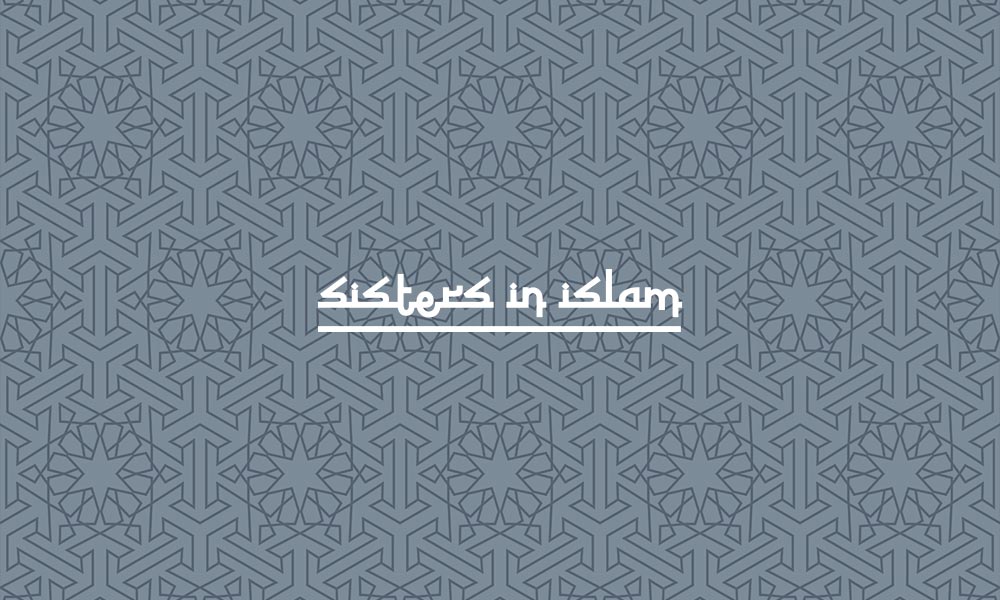The decision of JAIS to charge a pub singer for insulting the religion of Islam by being in a premise that servers alcohol reflects the problem of using laws as a means to regulate the person’s conscience, faith and lifestyle. Section 10 of the Selangor Syariah Criminal Offences Enactment that makes it a crime for any person to insult Islam opens itself to abuse because it is a “catch all” provision that gives wide discretion for interpretation to enforcement officers.
From the JAIS action, it appears that any Muslim, found in premises where sins are committed by other Muslims or non-Muslims, could be charged for “insulting Islam”. As has been pointed out, does this mean that a Muslim who is in an airplane or a restaurant or a hotel where alcohol is served or in a supermarket where alcohol and pork are sold is “insulting Islam”? Could it also mean that it is an offence for Muslims to live with non-Muslims housemates whose belief and lifestyle could be regarded as sinful in Islam?
In this case, the law also leads to selective prosecution. The woman singer was charged, but not the male members of the band; the Bangladeshi workers were charged but not the privilaged Muslim clients. In 1997, under the same Enactment, JAIS arrested three young Malay girls, charged and fined them for indecent dressing and taking part in a beauty contest. But it took no action against the Malay men in skimpy swimming trunks who paraded their glistening bare bodies in the Mr Malaysia contest that was held at about the same time.
The record of enforcement of the Syariah Criminal Enactment displays that the weakest, most disempowered and marginalised in society are subject to prosecution.
Such a law, because of its wide impact on the lifestyle of citizens, is unjust as it leads to the danger of victimisation, vigilante justice, and repression of fundamental liberties. The current trend in state Islamic law reflect increasing intolerance and conservatism that violate fundamental principles of justice, freedom and equality as envisioned in the Qur’an.
We urge the Government to set up a committee which includes representation from women’s groups, progressive Islamic scholars and constitutional experts to review the Syariah Criminal Offences law to evaluate the records of its enforcement in the various states.
Sisters in Islam
24 June 2000
